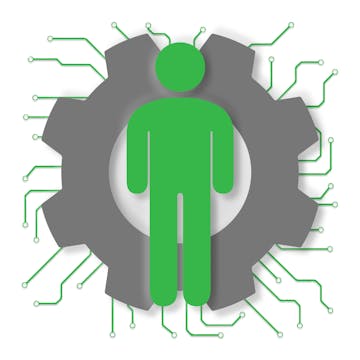
В этом курсе вы узнаете, как связана архитектура информационных систем со стратегией развития бизнеса и с планами развития информационной инфраструктуры предприятия, обеспечивающая необходимый уровень ИТ-сервисов, связанных с новыми бизнес-процессами и...
Read more
Two deals to help you save
Good to know
Save this course
Activities
Career center
Cloud Architect
Data Architect
Software Architect
IT Director
Network Engineer
DevOps Engineer
Solution Architect
Database Administrator
IT Manager
IT Auditor
Systems Analyst
IT Security Analyst
IT Consultant
Project Manager
Enterprise Architect
Reading list
Share
Similar courses
OpenCourser helps millions of learners each year. People visit us to learn workspace skills, ace their exams, and nurture their curiosity.
Our extensive catalog contains over 50,000 courses and twice as many books. Browse by search, by topic, or even by career interests. We'll match you to the right resources quickly.
Find this site helpful? Tell a friend about us.
We're supported by our community of learners. When you purchase or subscribe to courses and programs or purchase books, we may earn a commission from our partners.
Your purchases help us maintain our catalog and keep our servers humming without ads.
Thank you for supporting OpenCourser.



